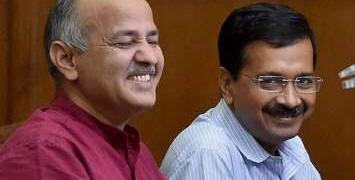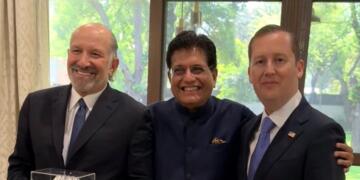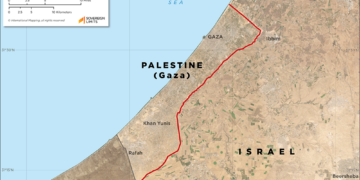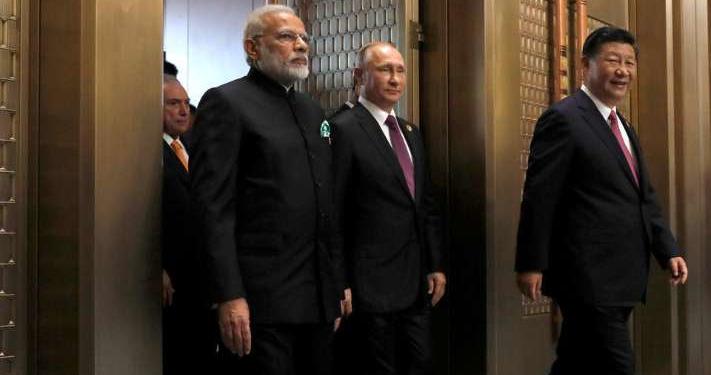The international community has not yet reacted to the Indian Air Force’s strike on Jaish-e-Muhammad camp in Balakot, Khyber Pakhtunkhwa, Pakistan. This is kind of silent support to the action by Indian armed forces. Contrary to this, after the Pulwama attack, the International community had come together to support India and many countries including US and Israel had made thinly veiled remarks on their support to any sort of Indian response.
In the aftermath of Indian air strikes in Pakistan by IAF, there have been so far almost no reactions from the international community. India used the words ‘pre-emptive strike’ to denote the IAF attack which is a contested concept in terms of norms in international customary law and norms and given that the engagement involves two nuclear nations, the lack of any sort of response is certainly unprecedented and goes in favor of India. The reaction, or lack thereof, of the international community to India’s attack on Pakistan underlines the diplomatic isolation of Pakistan.
After the Pulwama attacks, India had upped the diplomatic offensive against Pak and had received overwhelming support. The diplomatic offensive paved the way for an effective military response which was not at all viewed by the members of the international community or the organizations as aggression but as self-defense. France has moved a resolution in the UN’s Sanctions Committee to ban Masood Azhar as a global terrorist.
The UN Security Council has named Jaish-e-Mohammed, the terrorist organization which has claimed responsibility for the Pulwama attack, in the statement released in condemnation. The UNSC, the most powerful body of intergovernmental organization consists of 15 countries with 5 permanent members and 10 non-permanent members. China, the all-weather ally of Pakistan is a permanent member of the UNSC and therefore it can be concluded that it supported the naming of Jaish-e-Mohammed in the statement released to condemn the Pulwama attack.
FATF, the global terror financing watchdog which has put Pakistan on ‘grey list’ also criticized Pakistan for not being able to act against JeM and other terrorist organizations operating within the borders of the country. “Pakistan has revised its TF (terror financing) risk assessment. However, it does not demonstrate a proper understanding of the TF risks posed by Da’esh (ISIS), AL-Qaida, JuD (Jamat-ud-Dawa), FIF (Falah-e-Insaniat Foundation), LeT (Lashkar-e-Taiba), JeM (Jaish-e-Mohammed), HQN (Haqqani Network) and persons affiliated with the Taliban”, said FATF in a statement after Pulwama attack. Any country on the ‘grey list’ of FATF has smaller chances of getting loans from multilateral lenders like IMF, World Bank, ADB, EU and rating of country is also downgraded by agencies like Moody’s, S&P and Fitch.
The lack of reaction from the international community is evidence of rising stature of India on the global level. China is considered all-weather ally of Pakistan and the country has released a tepid response calling for “restraint on Pakistan and India’s part” after Indian Air Force’s strike on Jaish e Muhammad camp in Balakot, Khyber Pakhtunkhwa. Chinese Foreign Ministry spokesperson Lu Kang said: “India and Pakistan are both important countries in South Asia. Sound relations and cooperation serve the interest of both countries for peace and stability in South Asia.” He added: “We hope the two countries can keep restraint and do more to improve bilateral relations.”
Notably, there was no mention of the Indian air-strikes which has been acknowledged by Pakistan.
The Organization of Islamic Countries (OIC) which is considered an old friend of Pakistan also has not responded to Indian action. This is evidence that India has been able to corner Pakistan globally.




























